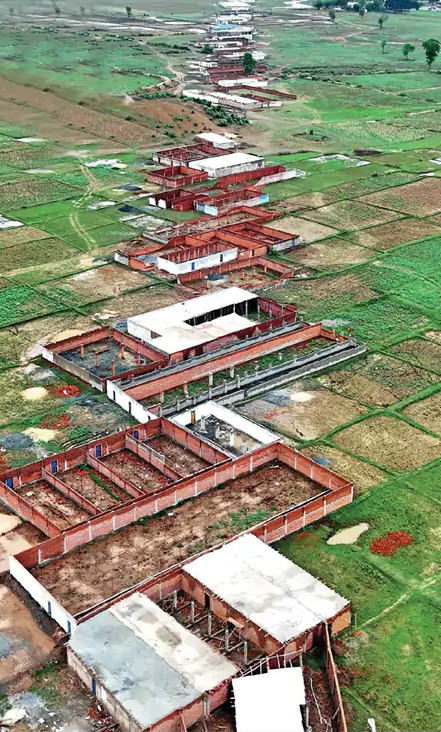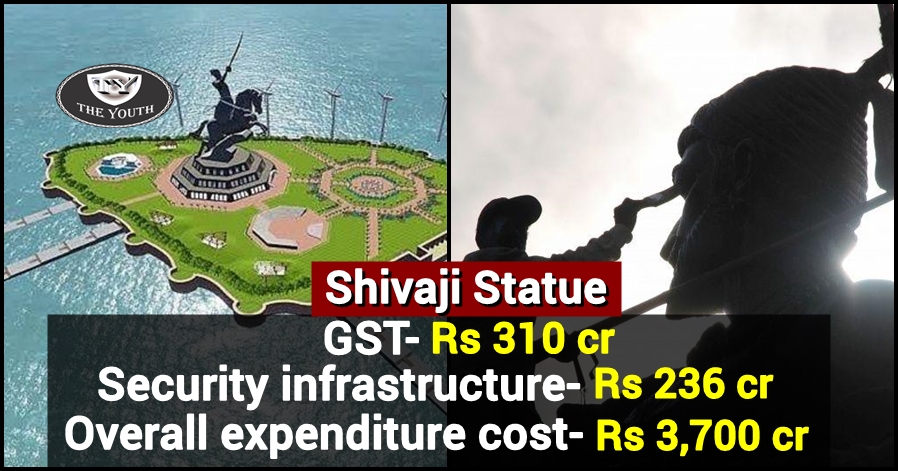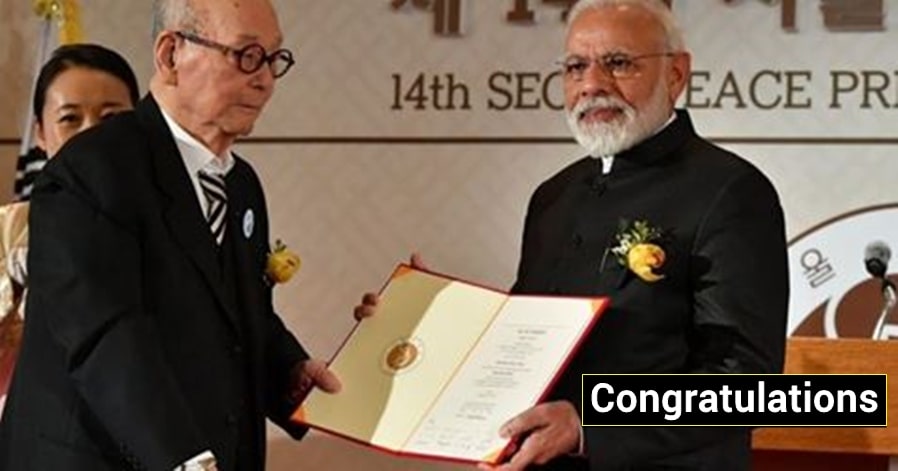No products in the cart.
Madhya Pradesh: Locals build fake houses on projected highway route for higher compensation
A shocking case has recently come to light in the Singrauli district of Madhya Pradesh, where around 3000 houses were constructed within two months to usurp compensation from the National Highway Authority of India (NHAI) for the construction of the Singrauli-Prayagraj highway. The entire case has become a big challenge for the local administration and the government, as it shows how people are misusing government schemes to take advantage of themselves.

These houses were constructed near the highway route by some individuals to defraud the compensation payment made when the government acquired the land for the project. This ‘fraud’ was carried out by land brokers in connivance with local officials. These “compensation houses” have 4-foot high brick boundary walls and tin sheds that look like “paved” houses, however, no one lives here. The sole purpose of these houses is to satisfy the greedy financial desires of the fraudsters.
In March this year, the authorities issued a notification for land acquisition for the construction of a 70-km-long highway in Madhya Pradesh. Following this, a ban was imposed on the sale and purchase of land in 33 affected villages of Chitrangi and Dudhmania tehsils of Singrauli. Notably, when a highway project is approved, the sale and purchase of land in the affected area is often banned to prevent speculation and inflated compensation claims.
How was the fraud exposed?
As soon as the compensation distribution process began, the administration inspected these houses and found that all these houses were built in a very short time. The condition of most of the houses was inferior and they were erected only for compensation. Upon getting information about this fraud, the administration decided to take strict action and started a detailed investigation. Locals say that this entire fraud was done by a select few who were working for their benefit by ignoring the administration and rules. Local authorities have ordered an investigation and strict action will be taken against the culprits soon.








